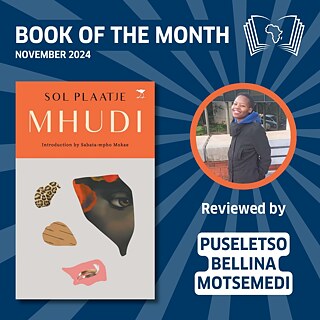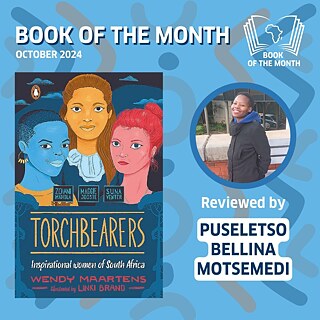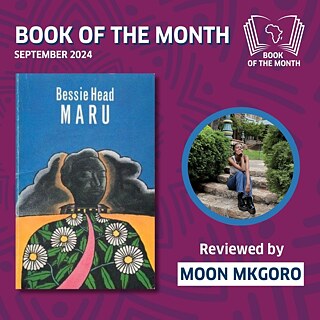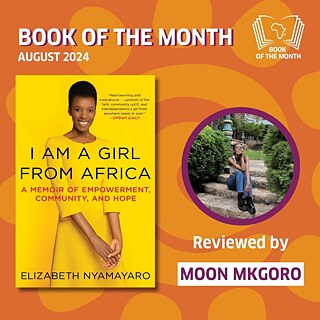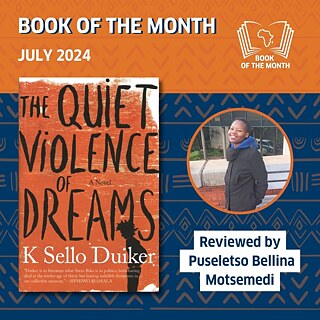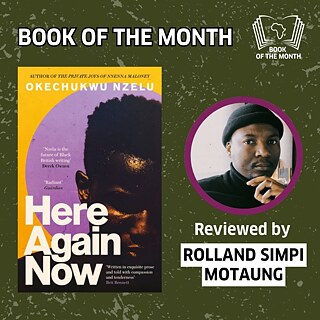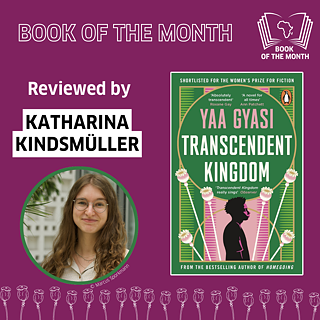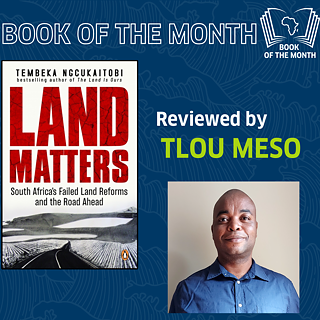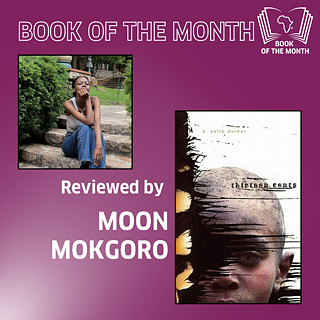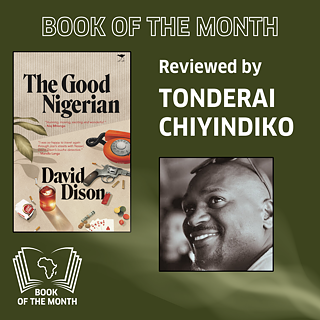November: Mhudi
by Sol Plaatje
Review by Moon Mokgoro
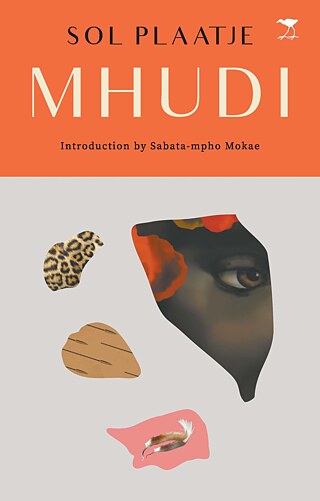
About the author
Sol Plaatje was a multifaceted man: an activist, writer, politician, linguist, journalist, and academic. Throughout the struggle for liberation, he played a significant role in advancing the cause of freedom and equality for Black South Africans. As a journalist and writer, Plaatje was deeply committed to elevating African culture and languages. His body of work is a clear demonstration of his belief in justice, equality, and the importance of African voices in shaping our own narratives and telling our own stories. Notably, he was the first Black South African to write a novel in English – Mhudi (1930). Plaatje strongly believed that the stories of Black people needed to be told from our own perspectives, in our own voices. Whether fictional or non-fictional, the key and most essential objective is to ensure that our stories are being told through our own voices, rather than through the voices of non-black people, particularly Europeans who were, and still are, the main writers of our stories.The story
Mhudi is a historical novel set in the 1800s that tells the story of an African woman living during a war between the Barolong people, Matebele people and the Boers. Mhudi’s tribe, the Barolong, is attacked one evening by the Matebele. Amid the screams, bloodshed, and destruction—Mhudi escapes. For a while, she believes that she is on her own, a sole survivor until she meets and falls in love with Ra-Thaga, a Barolong man who also survived the attack. Eventually, they reconnect with other Barolong survivors and, in alliance with the Boers, fight to reclaim their homeland from the Matebele.Mhudi is a story about love and the profound strength of love. It portrays the strength that love can offer in the face of struggle and adversity. In the face of fear and the need for survival. When hunting a lion, Ra-Thaga asks Mhudi, “Are you not afraid, Mhudi?” and she responds, “Why should I fear? Who would be afraid in your company, while fear is afraid of you? I feel ready to meet any number of lions as long as you are about.” Mhudi and Ra-Thaga shared a love built on resilience. They became one, dependent on each other for their survival. They faced not only the dangers of spears and lions but also the emotional wounds and trauma left in the aftermath of the Matebele attack. Their love became a source of healing and strength, empowering them to build a better life, a new life.
While partially rooted in love and portraying an immense, profound form of love, Mhudi is a commentary on many aspects of South Africa’s past – patriarchy, oppression, and colonisation. In patriarchal societies, women are marginalised, pushed aside, forced to remain background characters, denied leadership roles, and our voices are ignored and unheard. Simone de Beauvoir describes it as seeing women as “the other” and men as the “absolute,” making women and relegating them to being subordinates. Plaatje’s portrayal of a woman, an African woman, a woman who is a central figure, is powerful in that it writes Mhudi as a leader with a voice and power. It challenges norms and patriarchal ideas of who women are and what we are capable of. Plaatje's portrayal of this character shatters the notion that women are merely subordinates. Through Mhdui, Plaatje challenges these assumptions and highlights the power of African women as agents of change.
About the reviewer
-

Moon Mokgoro
Moon Mokgoro is a student and artist.© Moon Mokgoro Some of her favourite books include Play It As It Laysby Joan Didion and The Great Gatsby by F. Scott Fitzgerald. An author that she loves is June Jordan and in her free time Moon loves to draw, write, and experiment with photography.
More information
This review is the eleventh in the Book of the Month series from the Goethe-Institut South Africa. A new review by South Africans for South Africans will be published every month, check back regularly.
All books can be borrowed from our library, the membership is free.
All books can be borrowed from our library, the membership is free.
All "Book of the Month" reviews
Here you find all reviews of the series Book of the Month. All books are available in Goethe-Institute library in Johannesburg.
